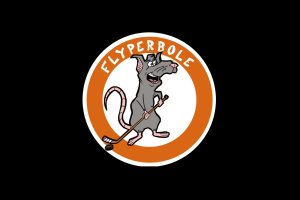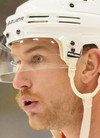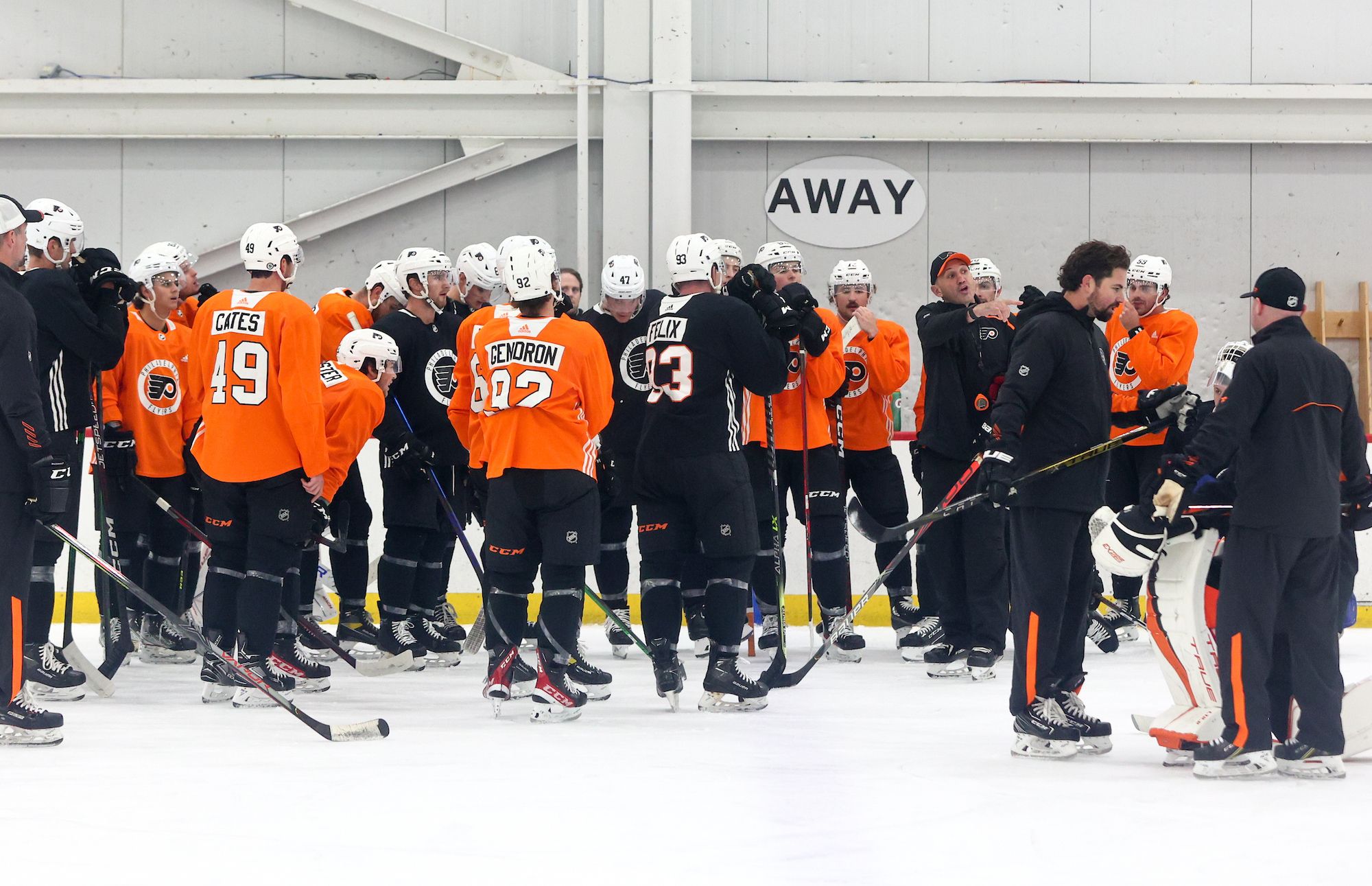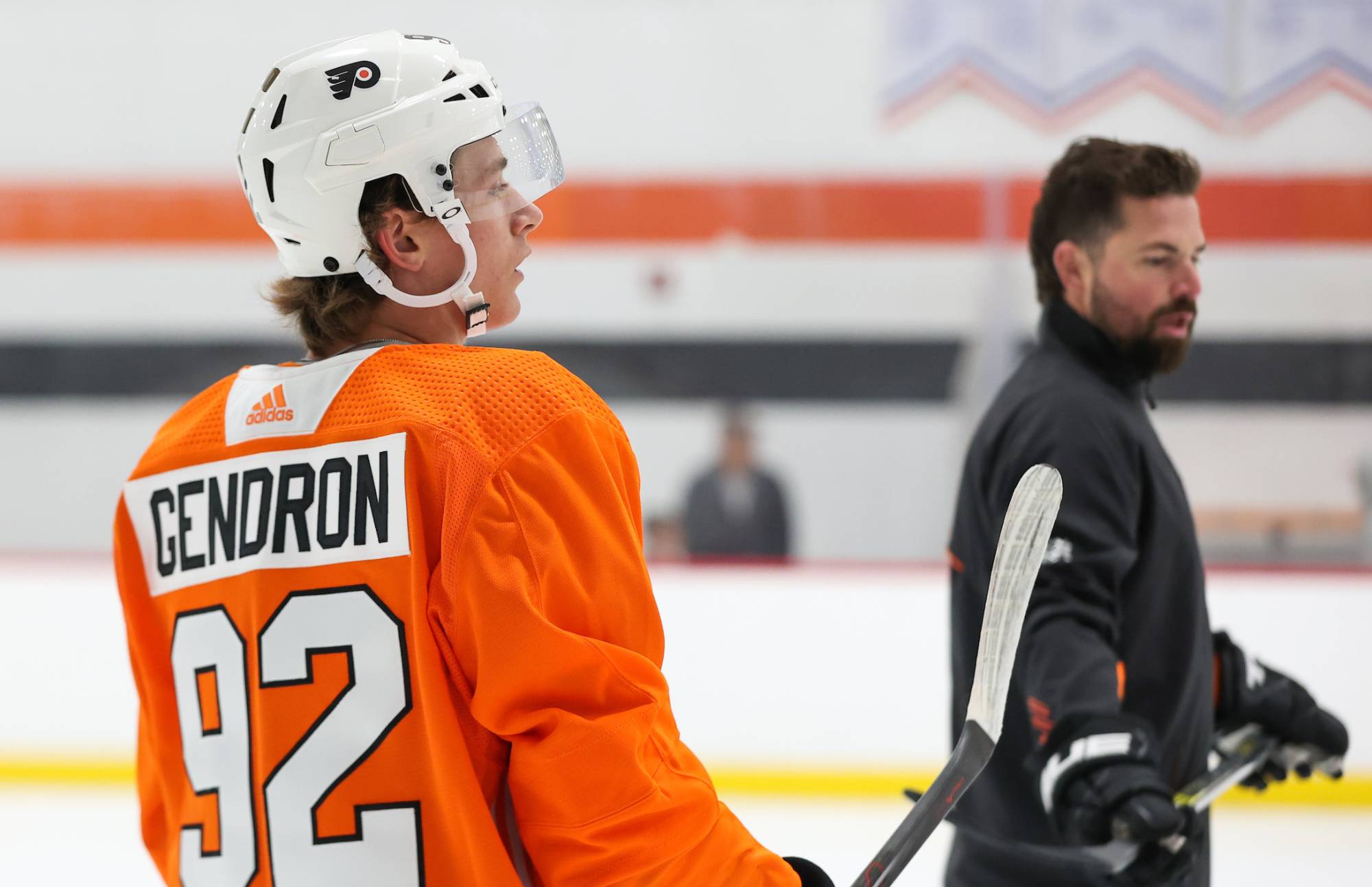We continue our annual, player-by-player look at the 2010-11 Philadelphia Flyers. In no particular order, we’ll analyze one player per day (or so) over the next few weeks. Up next, forward and Old City resident Jeff Carter.
Expectations: Carter entered the 2010-11 campaign with pretty average expectations. It’s always weird to judge exactly what people think of Carter because he’s hated, inexplicably, by so many people. He can be frustrating, he misses the net a lot, he suffers from BAS (Bobby Abreu Syndrome), but he’s an elite goal scorer in the NHL despite it all.
Fairly assessing the situation and taking out the wild emotion that always circles Carter, that’s where the expectations fell. We wanted his typical offensive production, more production in the postseason and a noticeable improvement from him on defense.
***
Offensively, Carter held pace with his career averages. Including this just-completed season, No. 17 has 29 goals, 46 goals, 33 goals and 36 goals in his last four years. That 46 number was his best season by a good dose, but he’s been a very consistent goal scorer since 2007. It’s extremely hard to complain about Carter’s offensive play.
We did want more from him on defense, though. He passed that test with flying colors. As Eric pointed out in a post yesterday, Carter is indeed quite the two-way forward. Last season’s defensive struggle was the out lier for Jeffie, and in 2010-11, he started just 43.8 percent of his shifts in the offensive zone.
In a nutshell, that means Peter Laviolette trusted the hell out of him defensively. Among forwards, that was better than everybody (including Mike Richards) not on the fourth line — only Jody Shelley, Dan Carcillo, Darroll Powe and Blair Betts had fewer offensive zone starts.
Additionally, his Relative Corsi, which gauges his on-ice performance versus the team’s performance when he’s off the ice, was third best on the team, behind only frequent linemate Claude Giroux and Nikolay Zherdev. He’s goals against per 60 minutes of ice time was solid as well, coming in at 2.15 per 60. That’s better than everybody on the team minus, again, some fourth liners and Nikolay Zherdev.
Quite simply, Carter was one of the Flyers best defensive forwards in 2010-11. When you combine that with another great offensive year (and hey, the best faceoff numbers on the team among forwards with more than 150 draws), it doesn’t matter how many missed shots (114, by the way) he had or how few “clutch” goals he had.
Carter had a fantastic regular season. You can say that his postseason was underwhelming again and you might even be able to make a case, but with a knee injury suffered against Buffalo, he only played in six playoff games. Kind of tough to blame a guy for getting knocked completely out of commission.
Grading criteria: We assign grades on a 1 to 10 scale, with 10 being the best. We base our grades on expectations, execution on those expectations and a player’s overall potential. A 10 means that the player had a fantastic, expectation-surpassing season. A 1 means that he was horrible and needs to go. Like, yesterday.
The grade: We’re giving Carter a 7. He lived completely up to expectations during the regular season, and he improved his defensive play a whole bunch compared to 2009-10 . He loses a point because he wasn’t perfect — after all, he could be a 50 goal scorer if he hit the net a bit more — and a point or two for his poor postseason play before the injury.
Overall, though, what more do we really want Jeffie to do?
How would you grade Jeff Carter’s 2010-11 season?
| 10 | 5 |
| 9 | 36 |
| 8 | 189 |
| 7 | 95 |
| 6 | 74 |
| 5 | 24 |
| 4 | 18 |
| 3 | 4 |
| 2 | 2 |
| 1 | 1 |










